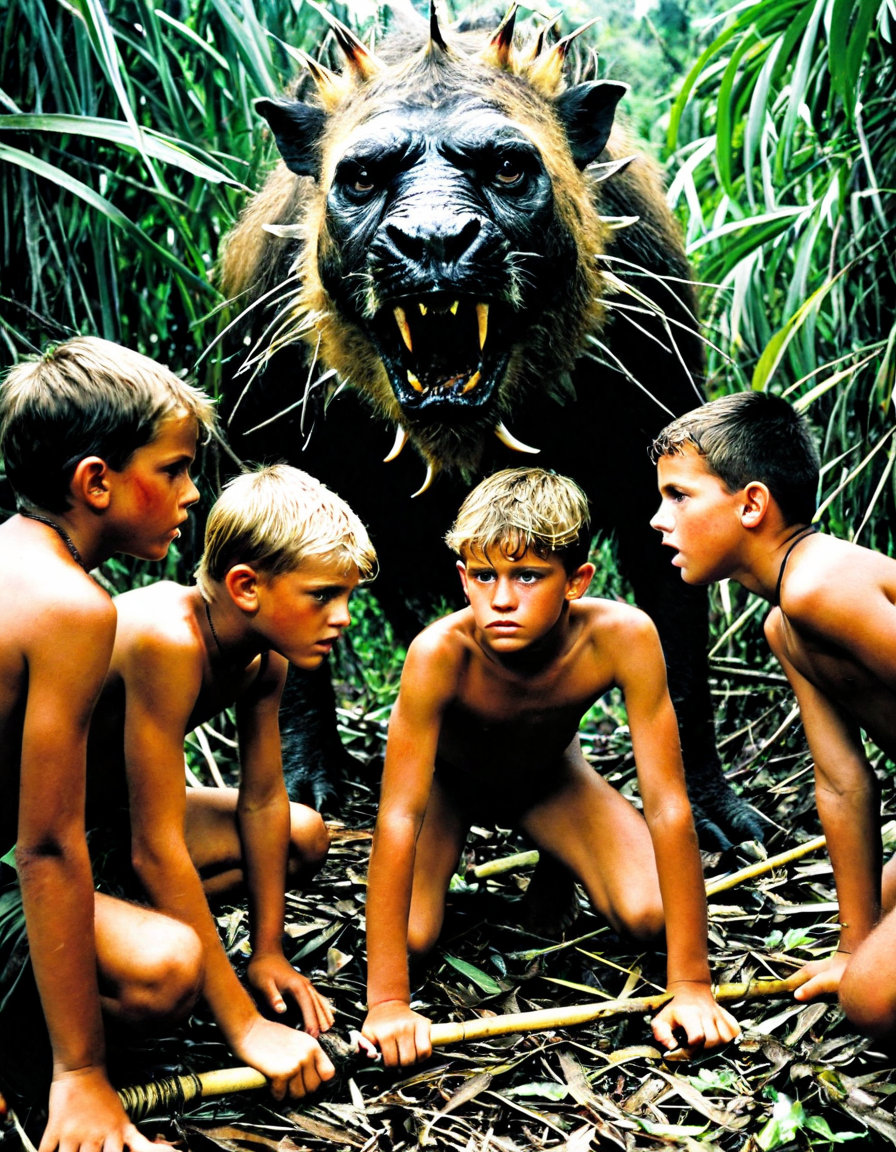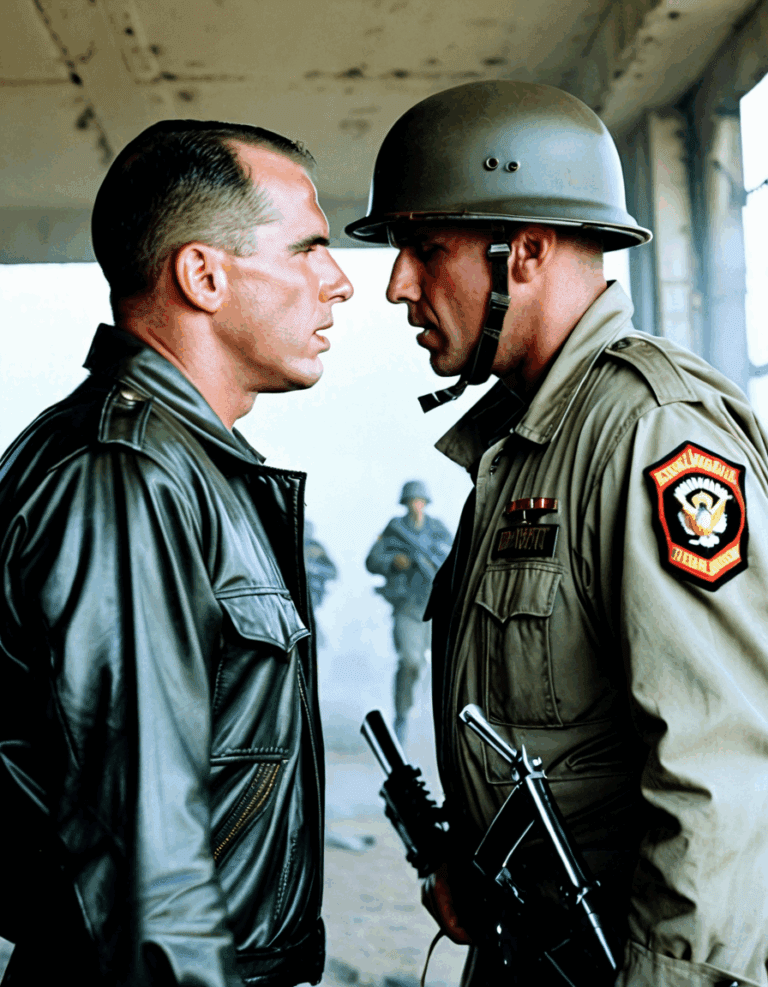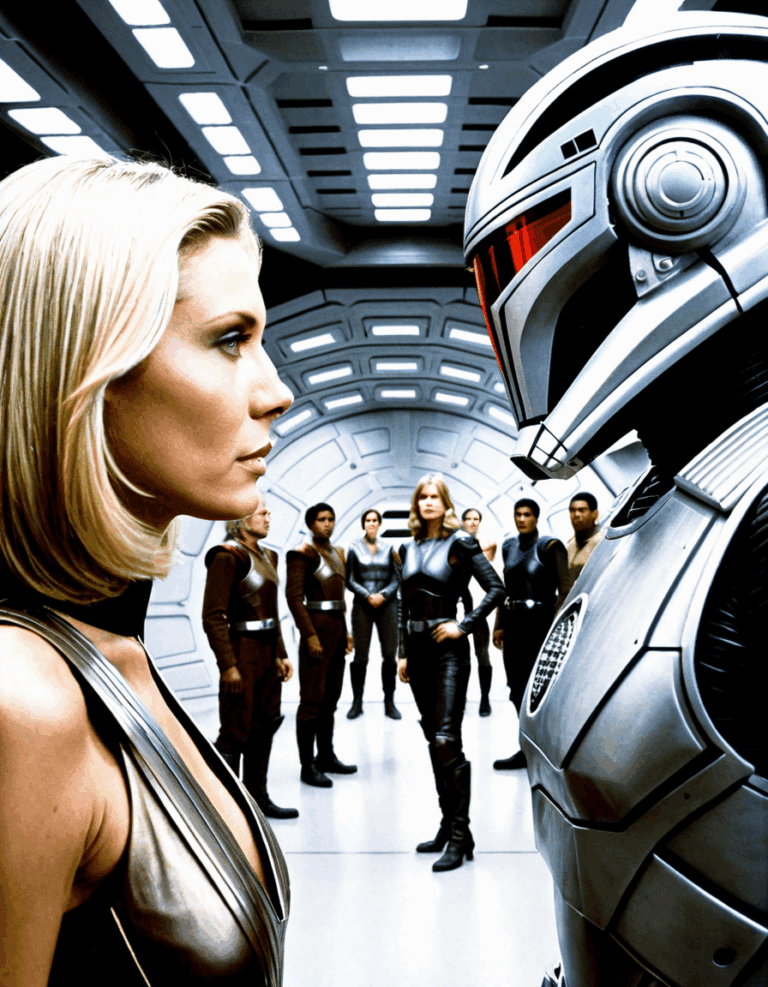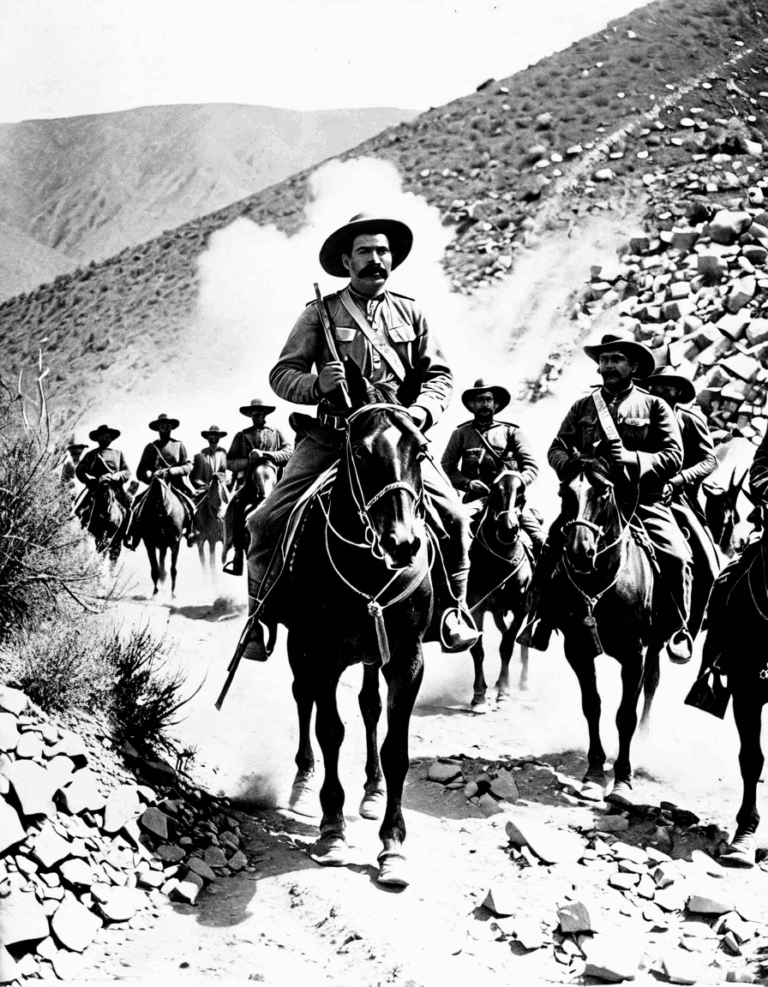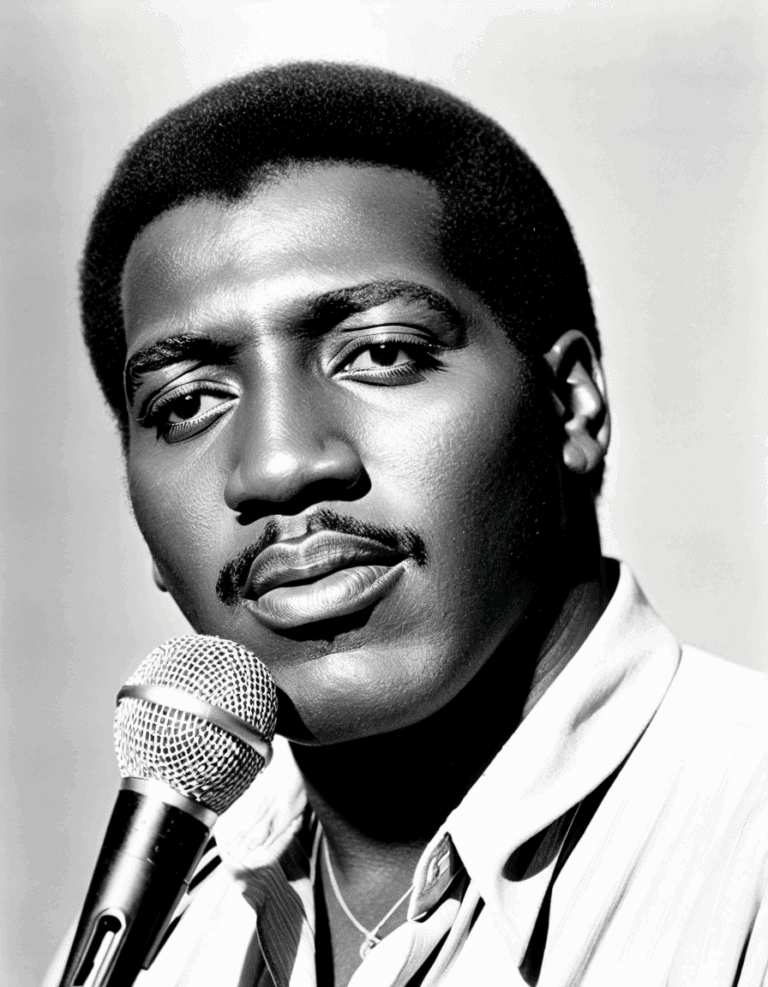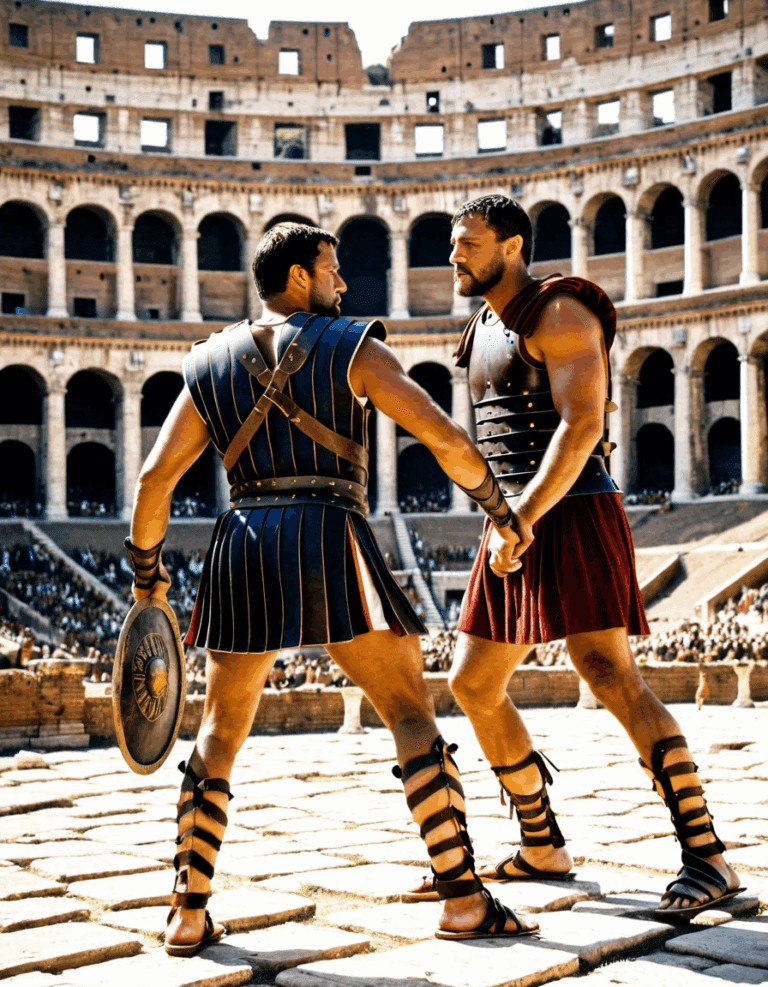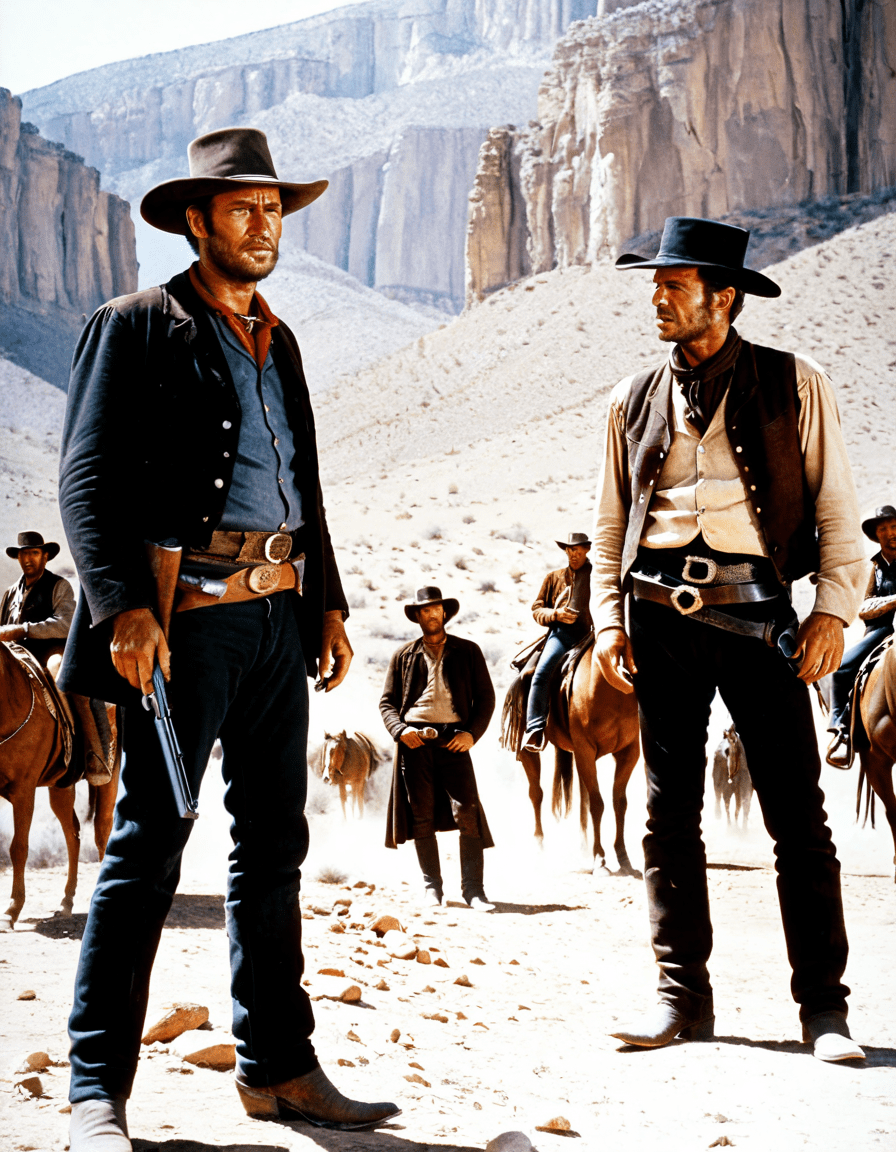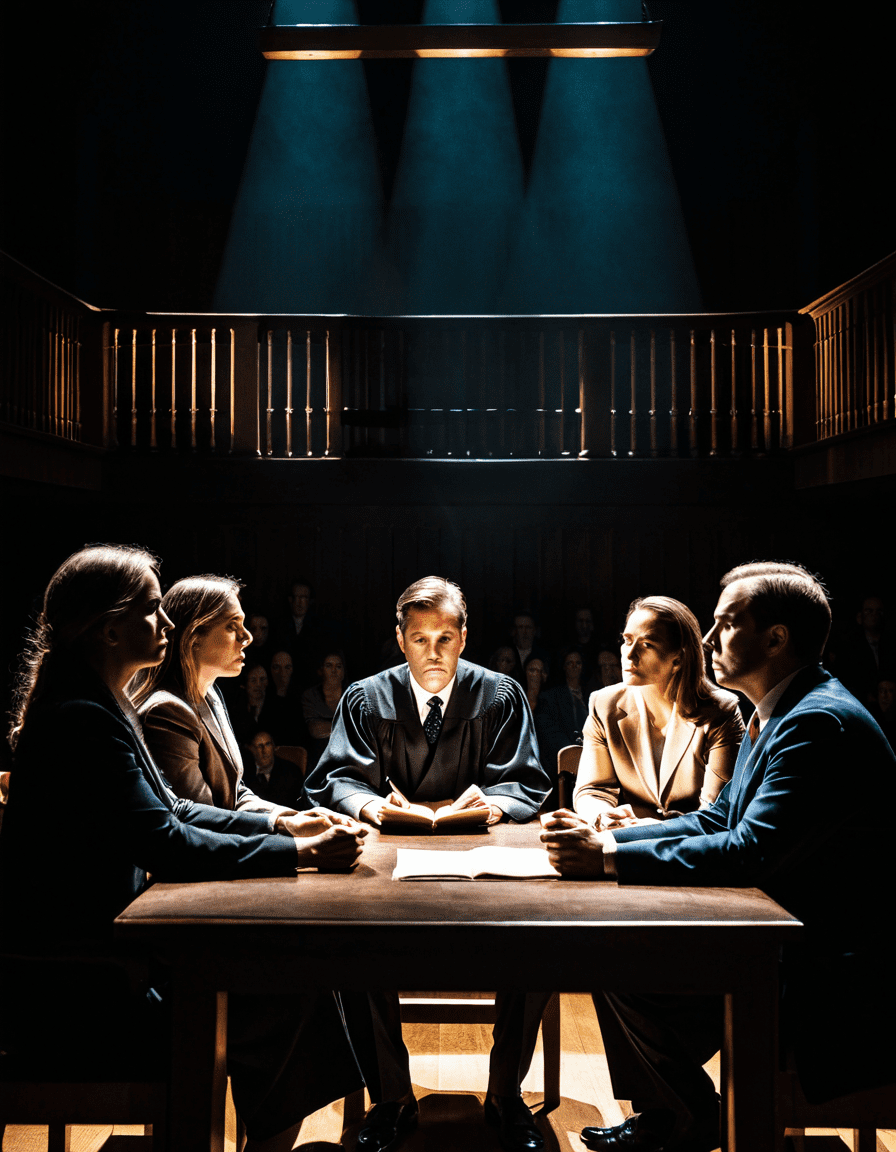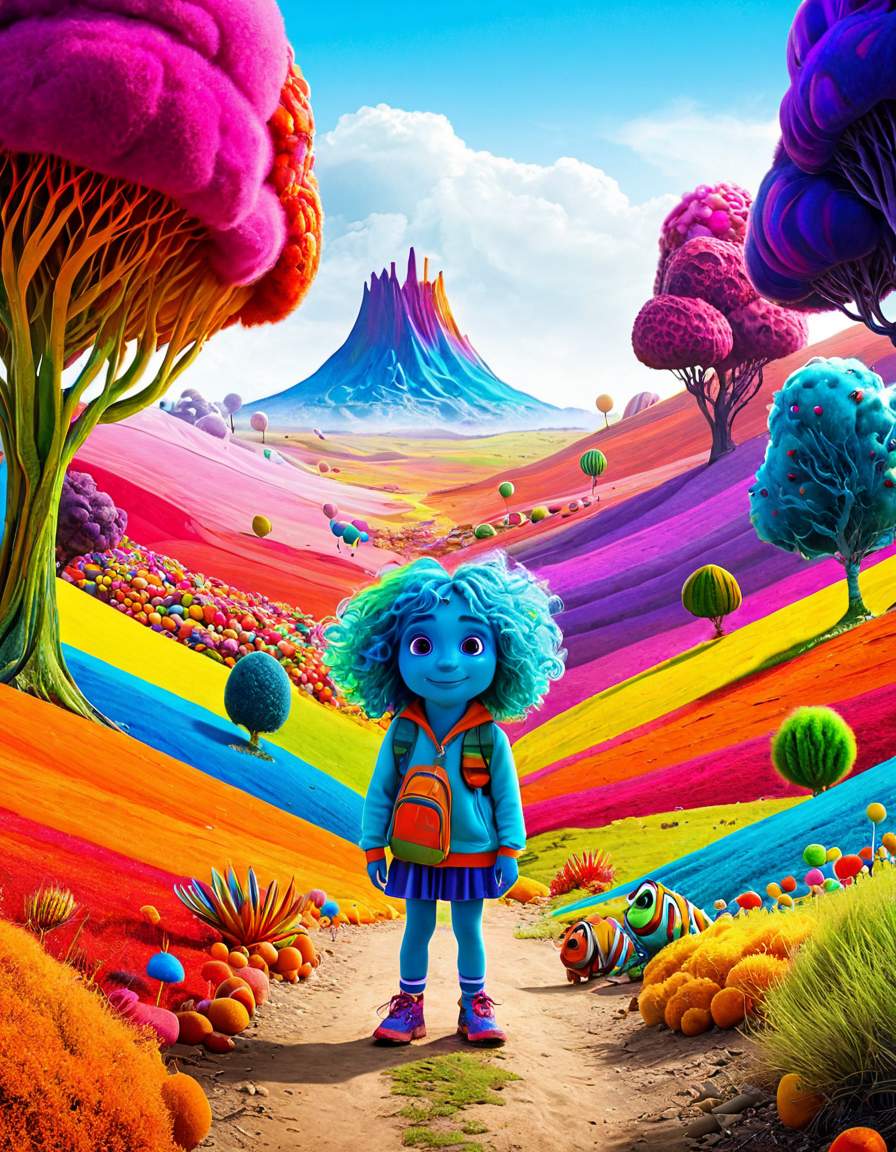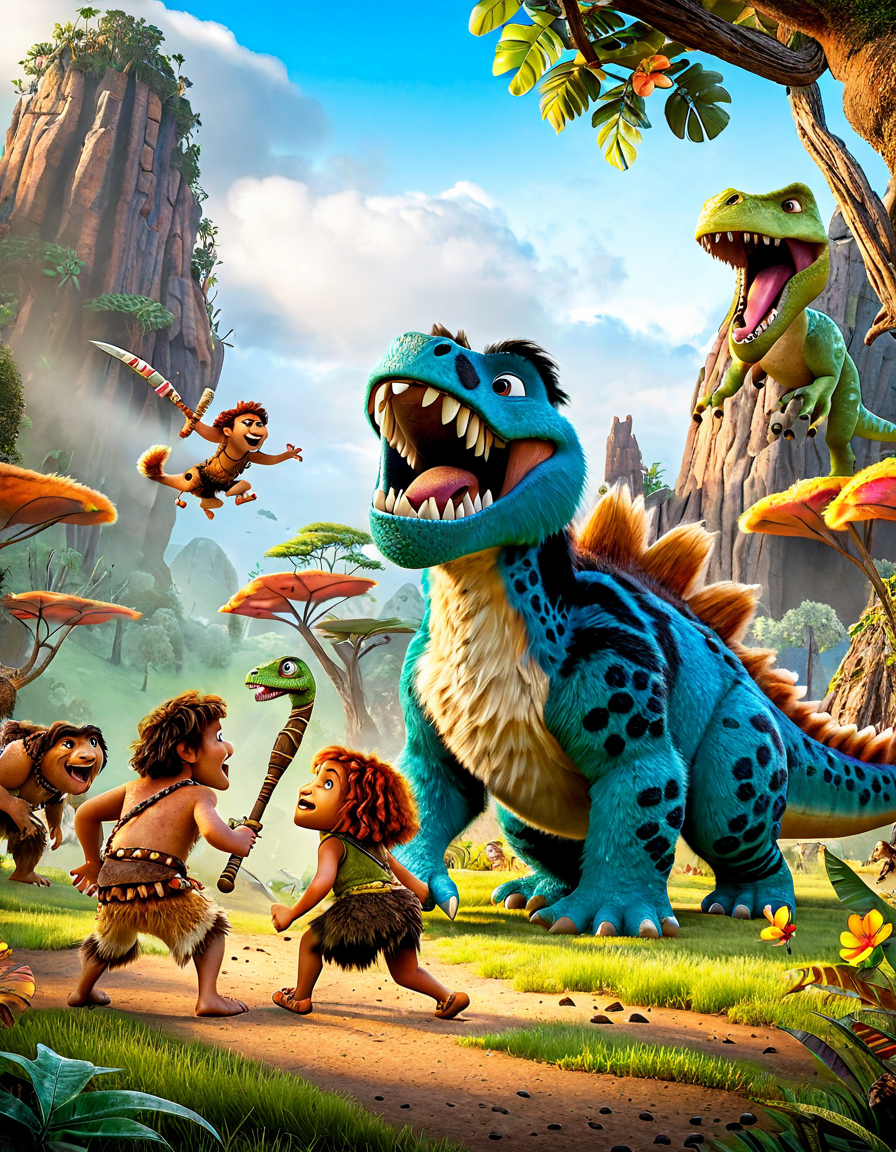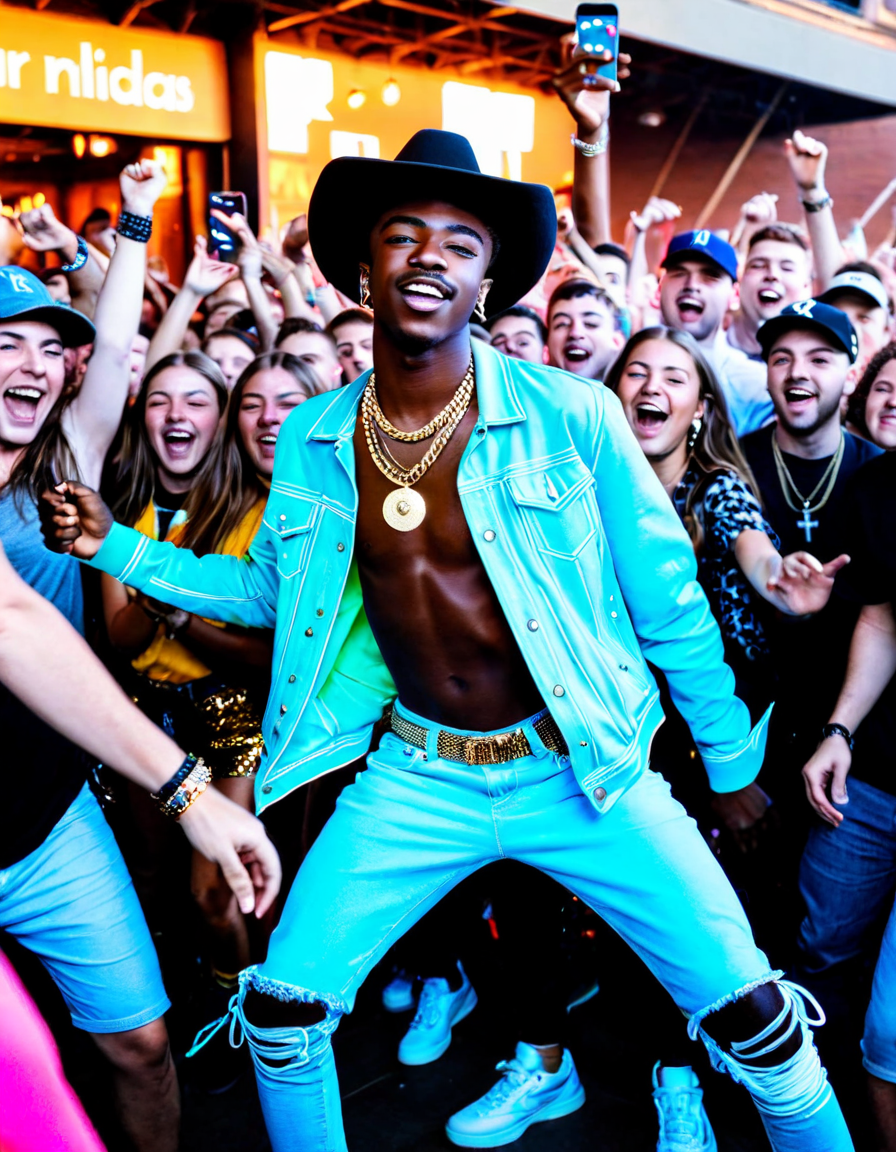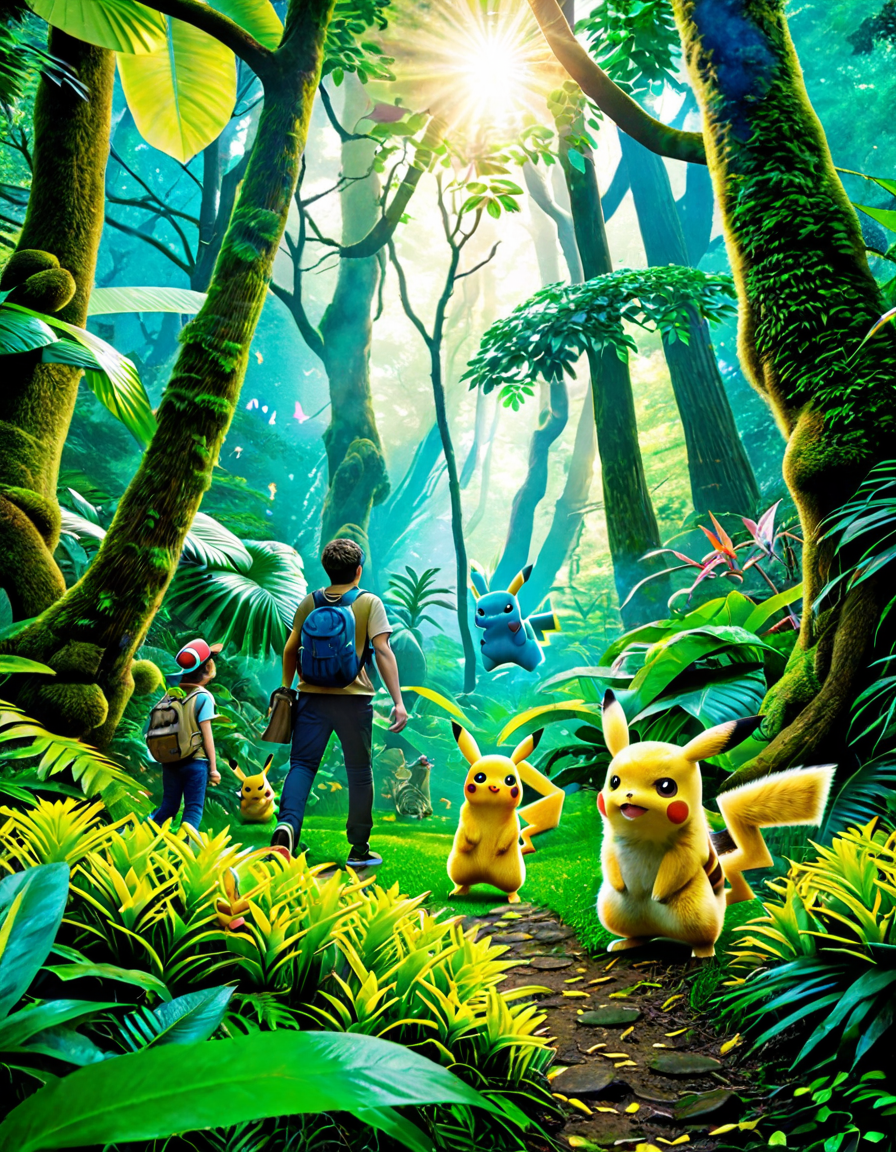William Golding’s “Lord of the Flies” isn’t just a tale about boys stranded on an island. It’s a withering look at human nature and society. This novel digs deep into the battle of civilization against savagery, showing how power dynamics shift and mold reality. Where you see “Lord of the Flies,” you can think about the delicate balance that holds societies together. Behind those initial laughs and excitement lies a powerful examination of humanity that resonates more than ever in 2026. Let’s take a barbell-sized look at this.
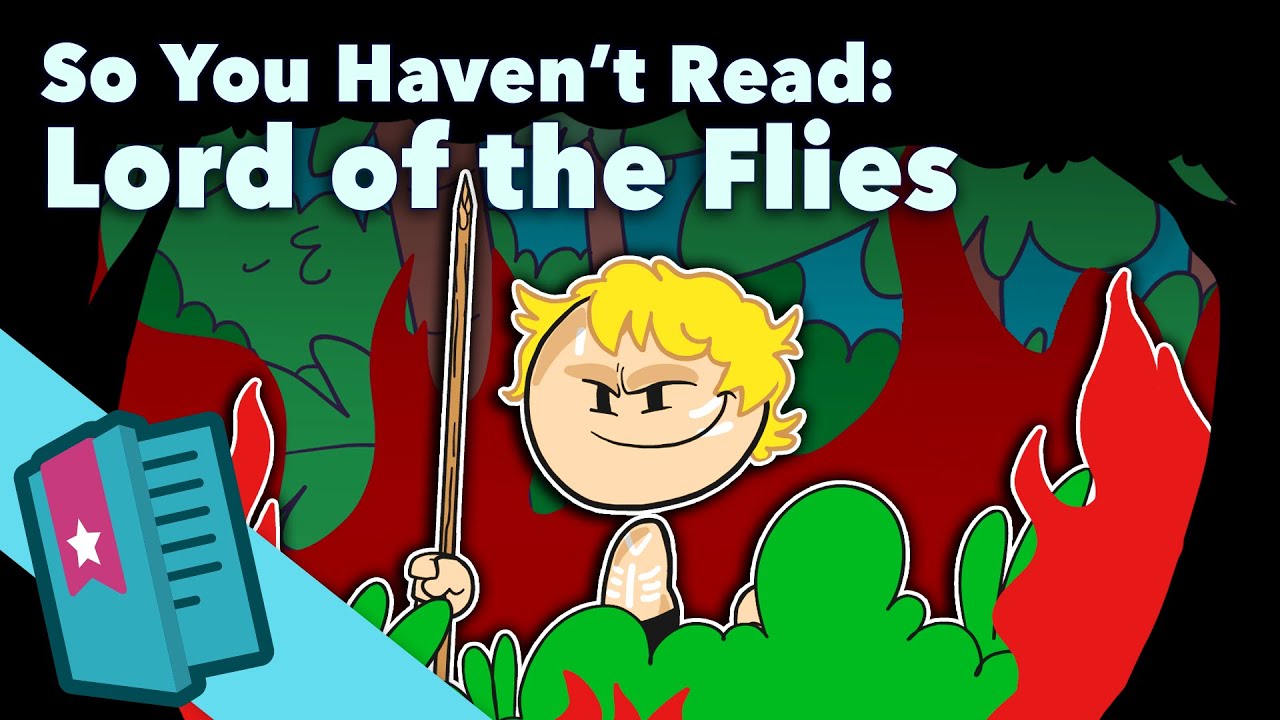
The Parallels of Power: Exploring the Dynamics of Leadership in “Lord of the Flies”
In “Lord of the Flies,” Ralph and Jack represent two contrasting leadership styles. Ralph’s democratic approach begs us to consider the value of teamwork, while Jack’s authoritarian rule shows just how quickly civilization can crumble. The island becomes a powerful metaphor, challenging us to think of today’s leaders, bright and dark.
Ralph’s Democratic Leadership
Ralph is the voice of reason, rallying the boys around the ideas of order and cooperation. He makes collective decisions for the group’s sake and emphasizes the need for shelter and fire—key components for survival. His leadership mirrors that of empathetic leaders like Jacinda Ardern, who focused on community engagement and emotional intelligence in governance. Ralph’s journey demonstrates the struggle to maintain a civilized society, something we see mirrored in today’s political arenas.
Jack’s Authoritarian Rule
In stark contrast, Jack embodies tyranny and power-hungry ambition. He rules through fear, turning the boys against one another, much like historical figures such as Joseph Stalin. Jack capitalizes on their primal instincts, showcasing how civilizations can rapidly revert to chaos when stripped of societal norms. This transition serves as a warning: without respect for our collective values, we risk descending into barbarity.

The Role of Nature: Symbolism and Its Impact in “The Lord and the Flies”
Golding creates an intricate world where the island symbolizes the broader human condition. This raw environment amplifies the themes of savagery versus civilization, making the boys’ descent into chaos resonate profoundly.
The Conch Shell
The conch shell stands as the ultimate symbol of democracy and order. It represents the boys’ efforts to create structure in their lives. When it shatters, it ominously signifies the complete collapse of civilization. This breakdown forces readers to reconsider the fragility of social structures we take for granted, revealing just how easily chaos can reignite.
The Beast
The fear of the ‘beast’ is crucial in revealing the boys’ internal struggles. As paranoia sets in, they start to project their fears onto this imaginary creature, illuminating the darker aspects of human nature. It serves as a reminder that often the danger is not outside, but within us. Similar to how societies respond to emergent threats by scapegoating, the boys’ fear of the beast reveals the savage instincts lurking beneath their civilized façades.
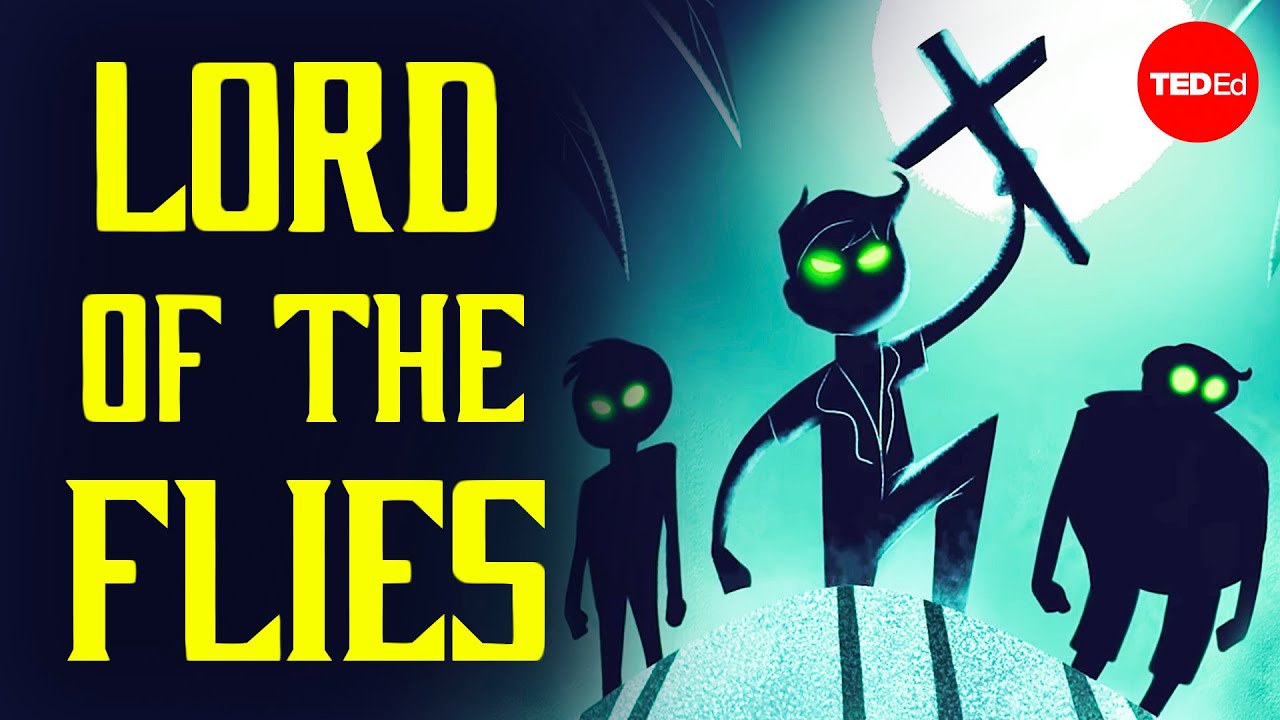
Revisiting Shaun of the Dead: Contrasting Society’s Face in Dystopian Settings
When we place “Lord of the Flies” alongside modern narratives like “Shaun of the Dead,” it becomes clear that the representation of human dynamics during crises can vary dramatically.
Community vs. Individualism
“Shaun of the Dead” blends horror and humor, presenting a community that ultimately pulls together during an apocalypse. In stark contrast, “Lord of the Flies” emphasizes disintegration and chaos, illustrating disunity when faced with fear. This divergence shines a light on human resilience and how we might mitigate or amplify our instincts in times of trouble.
Coping Mechanisms
The ability to laugh amid crises is vividly captured in “Shaun of the Dead.” Shaun and his pals use humor as a coping mechanism, while in “Lord of the Flies,” the boys resort to primal fear and violence—further highlighting how the observations of human behavior can diverge under stress. Such contrasting approaches make us ponder the human drive for connection versus the inclination to succumb to fear.
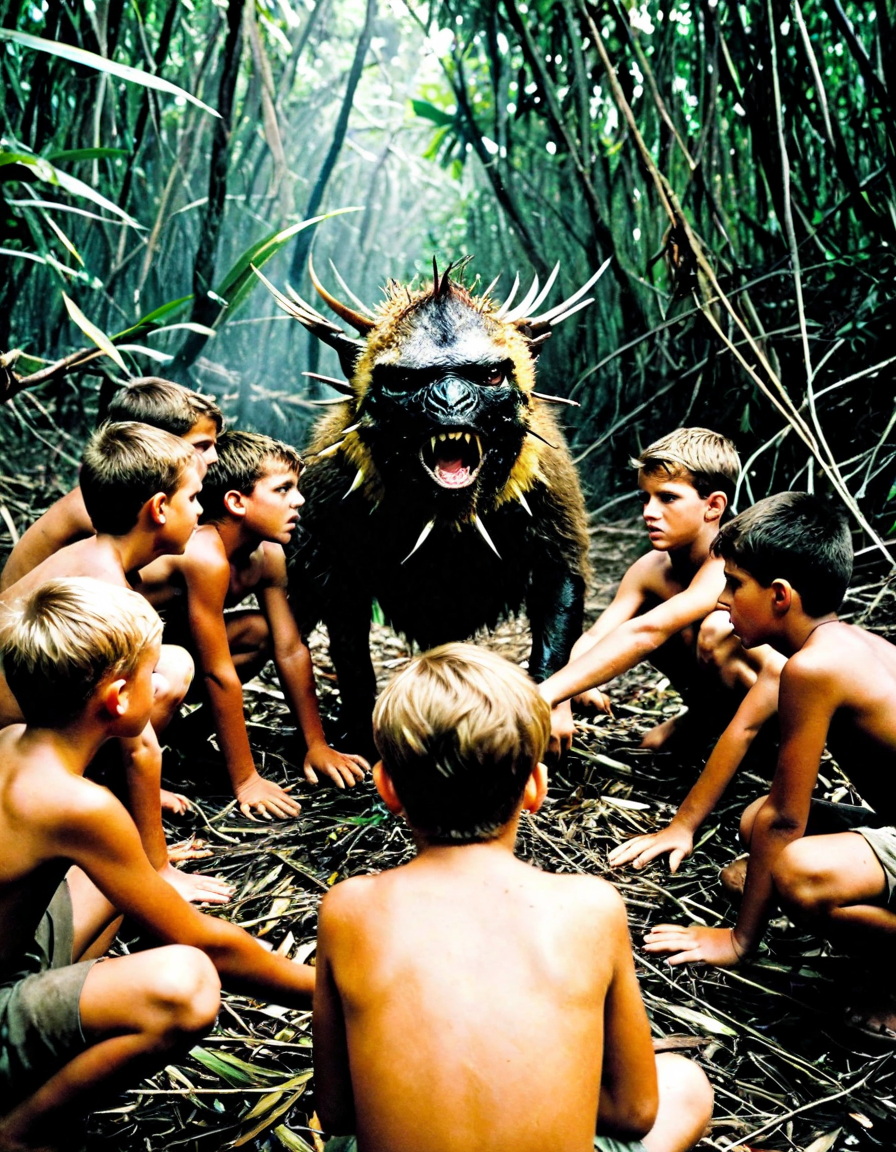
Lessons from History: The Relevance of “Lord of the Flies” in Contemporary Society
What Golding wrote doesn’t just sit on dusty shelves; it speaks loudly to our ongoing political and social climates. The themes from “Lord of the Flies” directly mirror the fractures in today’s world.
Political Polarization
Current divides in the U.S. and elsewhere bear uncanny resemblances to Ralph and Jack’s conflicts. Groups become entrenched in belief systems, leading to a toxic rivalry that impedes progress. This echo of factionalism warns us of the dangers of ideological extremism, reminding us that unity often trumps division.
Social Media Influence
The rise of social media channels our primal instincts, reflecting the mob mentality seen in “Lord of the Flies.” It can spark real-life chaos fueled by misinformation and fear. The unchecked power of social platforms magnifies this phenomenon, converting rational thinkers into emotionally-driven mobs—an outcome Golding astutely anticipated.
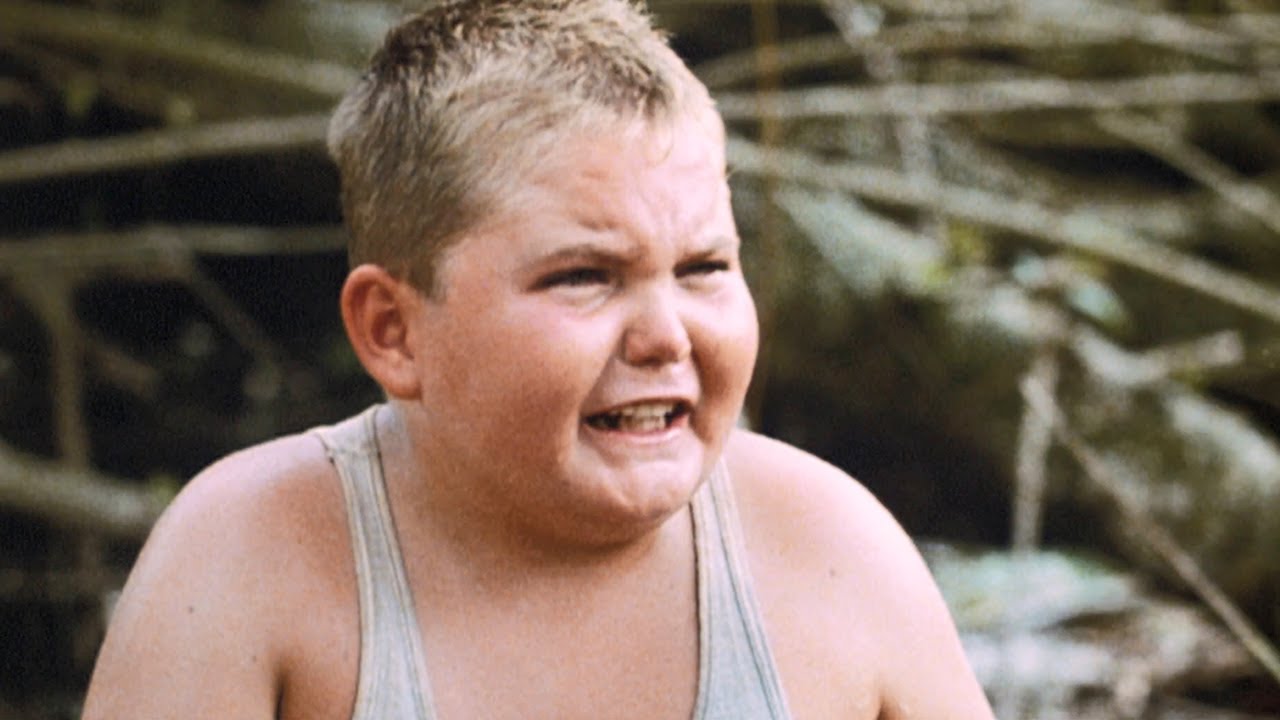
Human Nature: A Duality Explored Through Literature
Golding tantalizes us into examining our own duality. The interplay of civilized behavior and savagery runs deep in his narrative, forcing readers to confront their instincts.
Instinct vs. Intellect
Stripped of societal norms, humanity frequently reverts to base instincts, as noted in psychological studies. Golding’s portrayal stands strong against such findings, urging contemplation on how external pressures can trigger an inner savagery. We must remember that every decision we make can be shaped by stressors and fears lingering within us.
Moral Ambiguity
Characters like Piggy embody intellect and morality but often fall prey to primal instincts. His sad fate symbolizes the constant battle within all of us. Moral ambiguity can lead us to question our values and ethics, leading to a deep understanding of our flaws.
Insightful Reflections: The Enduring Legacy of “Lord of the Flies”
As we step into 2026, Golding’s “Lord of the Flies” serves as more than a cautionary tale. The themes of power, chaos, and morality resonate sharply in today’s society. Your journey toward understanding your core humanity influences not just personal growth but contributes to societal evolution as well.
Just like building a ripped six-pack takes dedication and grit, forming a civilized society demands collective effort and respect for one another. By embracing the lessons of “Lord of the Flies,” we can strive for something greater than mere survival; we can cultivate a brighter future rooted in the principles of understanding and cooperation.
So let’s harness these insights to not only get shredded physically, but to also commit to a solid, peaceful society. After all, being truly victorious isn’t just about flexing those muscles; it’s about lifting up those around us too. Keep pushing, keep questioning, and let’s rise together!
Lord of the Flies: Insightful Trivia About Human Nature and Society
The Origins of Chaos
Did you know that William Golding’s 1954 classic, Lord of the Flies, arose from his experiences during World War II? His time as a teacher and a naval officer gave him an up-close look at human behavior when stripped of societal norms. This inspired the book’s crucial exploration into the darkness lurking within us all. Speaking of intriguing narratives, check out the fascinating cast Of a simple favor 2, which dives into secrets and betrayal, mirroring themes in Golding’s work. The feelings of camaraderie and tension found in Lord of the Flies highlight what happens when civilized order collapses.
Despite its heavy themes, Lord of the Flies also serves as a reminder of the beauty of human resilience. For those interested in actual survival stories, the tales of adventures around Pilot Mountain are proof of how people can endure in the wild. Just like the boys on the fictional island, real-life survival often tests one’s limits and reveals true character.
Symbolism and Humanity
One of the most profound aspects of Lord of the Flies is its rich symbolism, most notably with the conch shell, the beast, and Piggy’s glasses. The conch represents law and order, while the beast symbolizes the primal instincts ingrained in humanity. Isn’t it interesting how similar themes are explored in various media? For example, the It Ends With Us trailer hints at deep human emotions and conflicts that resonate just as strongly. This intertwining of narratives across different forms—like Golding’s novel and contemporary stories—serves as a reminder of our shared struggle with societal issues.
Fun fact: Golding’s novel was originally rejected by several publishers, which proves that the path to recognition is often rocky. Much like the struggles people face when transitioning to new living arrangements—think of those bunk Beds For Adults that offer a stylish solution for space-strapped dwellers—sometimes innovation takes time to be appreciated.
Lessons from Isolation
As Lord of the Flies unfolds, the boys descend into chaos, raising pressing questions about power dynamics and morality. The novel shows that when left unchecked, the desire for control can lead to catastrophic consequences. Yet, within this story lies a complex understanding of human nature that echoes throughout history. For instance, the introduction of new concepts—like a new Red Bull flavor that energizes its audience—reminds us that change is constant, but it requires balance.
Ultimately, Lord of the Flies urges readers to examine their own capacity for good and evil. It’s like unraveling the persona of a character such as Gabriel from Supernatural, who struggles with identity and moral dilemmas. And while we’re delving into the heart of humanity, you can’t help but draw parallels with the wilds of the Obx, where both beauty and chaos coexist, reflecting back on the lessons Golding imparts.
In the end, Lord of the Flies not only tackles the darkness within but also sparks critical conversations about the society we live in. So next time you recount your favorite adventure story or ponder the chaotic nature of existence, remember Golding’s timeless narrative and how it still resonates in our ever-shifting landscape.
